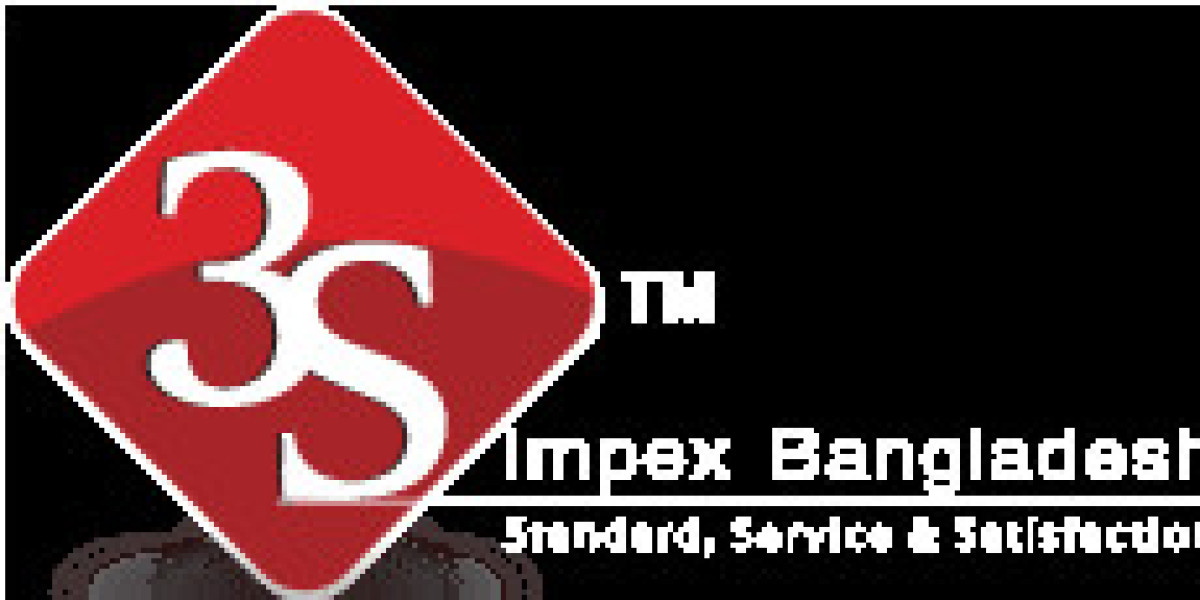Aquarium ownership is a rewarding hobby that brings a slice of aquatic life into our homes. To maintain a healthy and thriving aquarium, understanding the essentials of fish food and proper feeding techniques is crucial. This comprehensive guide will delve into the various aspects of fish food essentials every aquarium owner needs to know.
Understanding Fish Nutritional Needs
Balanced Diet for Aquarium Fish
Fish, like all living creatures, require a balanced diet to maintain optimal health. A well-rounded diet includes proteins, fats, carbohydrates, vitamins, and minerals. Each type of fish has specific dietary needs based on its species, age, and health condition. For instance, carnivorous fish need a diet rich in protein, while herbivorous fish thrive on plant-based foods.
Types of Fish Food
The market offers a variety of fish food to cater to different dietary requirements. When visiting a fish food shop, you will find:
Flake Food: Ideal for surface feeders, flake food is a staple for many aquarium fish. It contains a mix of proteins, fats, and vitamins.
Pellets: Available in floating and sinking varieties, pellets cater to both surface and bottom feeders. They are nutritionally dense and reduce wastage.
Freeze-Dried Foods: These are high-protein options like bloodworms and brine shrimp, preserved to retain nutrients.
Frozen Foods: Offer a natural diet and are excellent for carnivorous fish. They include items like mysis shrimp, krill, and daphnia.
Live Foods: Include brine shrimp, daphnia, and worms, providing the most natural feeding experience.
Vegetable-Based Foods: Essential for herbivorous fish, these include algae wafers and spirulina flakes.
Choosing the Right Fish Food
Species-Specific Diets
Understanding the dietary needs of specific fish species is crucial. Research your fish species to ensure you are providing the correct type of food. For example:
Tetras and Barbs: Prefer a mix of flake food and small live or frozen foods.
Cichlids: Require a varied diet with a mix of protein and plant matter.
Goldfish: Thrive on specially formulated pellets or flakes designed to reduce waste and maintain water quality.
Life Stage Considerations
Fish have different dietary needs at various life stages:
Fry (Baby Fish): Require high-protein diets like finely crushed flake food or specialized fry food.
Adult Fish: Need a balanced diet tailored to their species.
Breeding Fish: Often benefit from live or frozen foods to enhance their conditioning.
Feeding Techniques for Optimal Health
Feeding Frequency
Proper feeding frequency is vital to prevent overfeeding, which can lead to poor water quality and health issues. General guidelines include:
Adult Fish: Once or twice daily.
Juveniles: Two to three times daily.
Fry: Small, frequent feedings.
Portion Control
Only feed what your fish can consume in a few minutes. Uneaten food can decay and deteriorate water quality. Observe your fish during feeding to adjust portions as needed.
Variety and Rotation
Providing a variety of foods ensures your fish receive all necessary nutrients. Rotate between different types of food to mimic a natural diet and keep your fish engaged.
Special Considerations
Feeding Bottom Feeders
Bottom feeders like catfish and loaches need sinking pellets or wafers. Ensure food reaches them by distributing it in areas they frequent.
Feeding Nocturnal Fish
Some fish are nocturnal and may not compete well during daytime feeding. Feed these species just before turning off the lights to ensure they get their share.
Water Quality and Its Relation to Feeding
Impact of Overfeeding
Overfeeding is a common issue that can lead to:
Water Pollution: Decaying food increases ammonia and nitrite levels, which are harmful to fish.
Algal Blooms: Excess nutrients from uneaten food promote algae growth, which can suffocate plants and fish.
Health Issues: Fish can suffer from obesity, fatty liver disease, and other health problems due to overfeeding.
Maintaining Clean Water
Regular maintenance, including water changes and filter cleaning, is essential to counteract the effects of feeding. Consider using a gravel vacuum to remove uneaten food and debris from the substrate.
Common Feeding Mistakes to Avoid
Feeding Human Food
Avoid feeding fish human food as it lacks the necessary nutrients and can harm fish health. Stick to commercial fish food designed for their dietary needs.
Ignoring Dietary Requirements
Different fish have specific needs; feeding them unsuitable food can lead to malnutrition and illness. Always research and adhere to the dietary requirements of your fish.
Using Expired Food
Fish food loses nutritional value over time. Check expiration dates and store food properly to maintain its quality.
Exploring Other Pet Food Shops
Best Dog Food Options
Just as fish need a specific diet, so do dogs. When looking for the best dog food, it's essential to consider the breed, age, and health condition of your dog. High-quality dog food contains a balance of proteins, fats, and carbohydrates, with necessary vitamins and minerals to ensure your dog's overall well-being.
Bird Food Shop Essentials
Similarly, visiting a bird food shop can provide you with specialized diets for various bird species. Birds require a mix of seeds, pellets, fruits, and vegetables. Ensuring a balanced diet is vital for their plumage, energy levels, and overall health.
Conclusion
Feeding your aquarium fish properly is a cornerstone of successful fishkeeping. By understanding their nutritional needs, choosing the right food, and employing appropriate feeding techniques, you can ensure your fish thrive in a healthy environment. Always remember to monitor your fish's health and adjust their diet as necessary. Additionally, applying the same care and attention to your other pets by choosing the best dog food and visiting specialized bird food shops will ensure their health and happiness.




